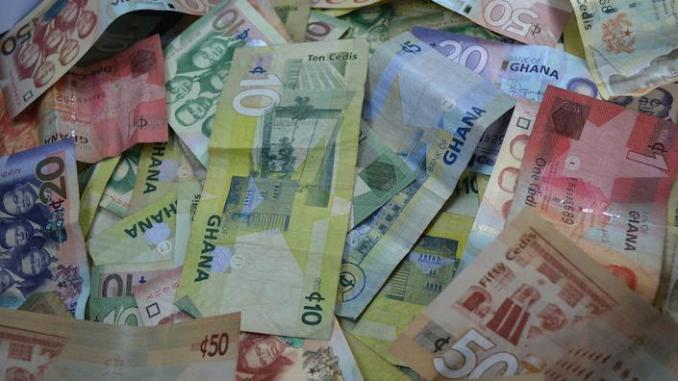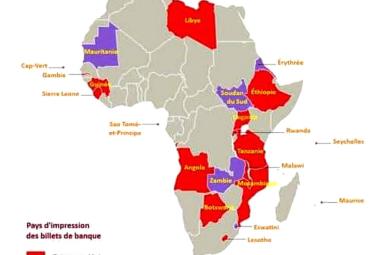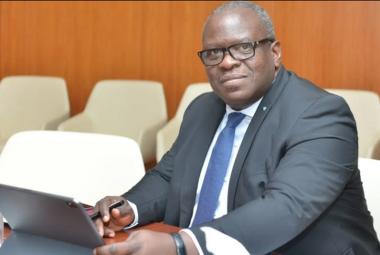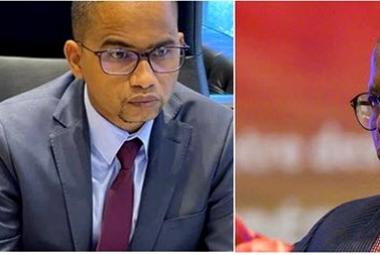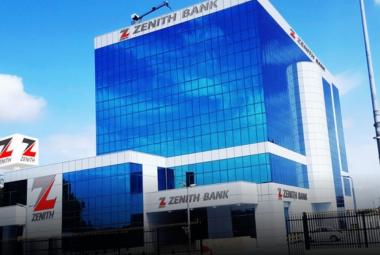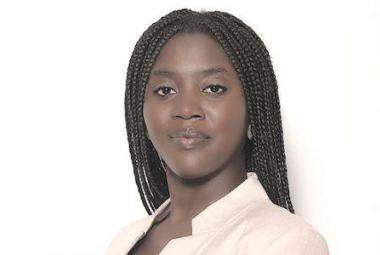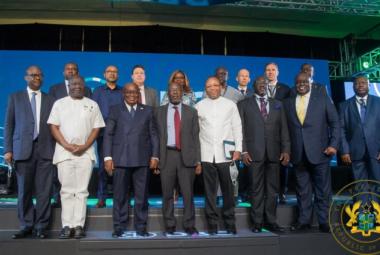Ghana has seen its debt soar in recent months to more than 80% of its GDP, with inflation prancing to +30% in June and a plunge in its currency of -30% that nothing seemed to stop. Except the intervention of the Bretton Woods institutions. To the point that rating agencies, including S&P Global Ratings, Moody's, Fitch Ratings; ended up depreciating, too, his rating. Not without irritating the Accra authorities.
"Government is disappointed with S&P's decision to downgrade Ghana despite bold policies implemented in 2022 to address macro-fiscal challenges and debt sustainability," said the official statement that the Ministry of Finance under the Ken Ofori-Atta's leadership posted on August 8 to denounce Ghana's downgrade.
The Minister of Finance had to begin, despite himself, negotiations with the Bretton Woods institution, which carried out a mission to Ghana at the end of September. Faced with the crisis situation that the Ghanaian economy is experiencing, there was no other alternative. Even if the policy of the government of President Nana Akufo-Addo according to which, Africans must depend as little as possible or not at all on the Bretton Woods institutions, the economy has its reasons that politics does not know. And the country had to continue its negotiations in Washington, during the annual meetings of the IMF and the World Bank to try to find a breath of fresh air with international creditors. It must be said: Africa and even less Black Africa does not yet have the means of its economic sovereignty. And this is the great lesson to be learned from the difficult situation that Ghana is currently experiencing. No offense !
After having attempted an experiment in economic sovereignty which has largely shown its limits, it is the Ghanaian authorities themselves who are now asking the International Monetary Fund (IMF) to accelerate its aid program with a view to stabilizing the country's economy out of breath. This is, in any case, what emerges from the Monetary Policy Committee (MPC) of the Bank of Ghana (BoG), the central bank, whose work resulting from the emergency session of October 6 last asked the government to deal with the most urgent.
The Ghanaian currency, the Cedi, experienced a worrying depreciation against the dollar and the pound sterling in two months. Which dropped its value against the dollar from 4 to 5.51 on February 25, 2022. Considered the second currency to have recorded the most underperformance in the world after the Sri Lankan rupee, the country of which also experienced serious socio-political and economic crisis, Ghana is in the grip of turbulence. So many factors that led the rating agencies to worry and downgrade its ratings. According to Moody's, the country's public debt could therefore grow by between 26% and 104% of GDP if nothing is done by the end of 2022.
Despite the goodwill of the Government of Ghana and its forward-looking vision of its development, the country is caught up in the economic realities of the moment. Faced with the combination of several factors, the macroeconomic situation has become untenable. At the bridge to fundamentally question the policy of economic emancipation advocated by President Nana Akufo-Addo. And, in such a context, he had no choice but to take up his pilgrim's staff to reconnect with the antiphon of the countries of Black Africa in particular: to go around the Western capitals to seek financial means to hold, on terms that are not always in favor of the populations of the countries that borrow money from international institutions.
By Jean Kebayo



